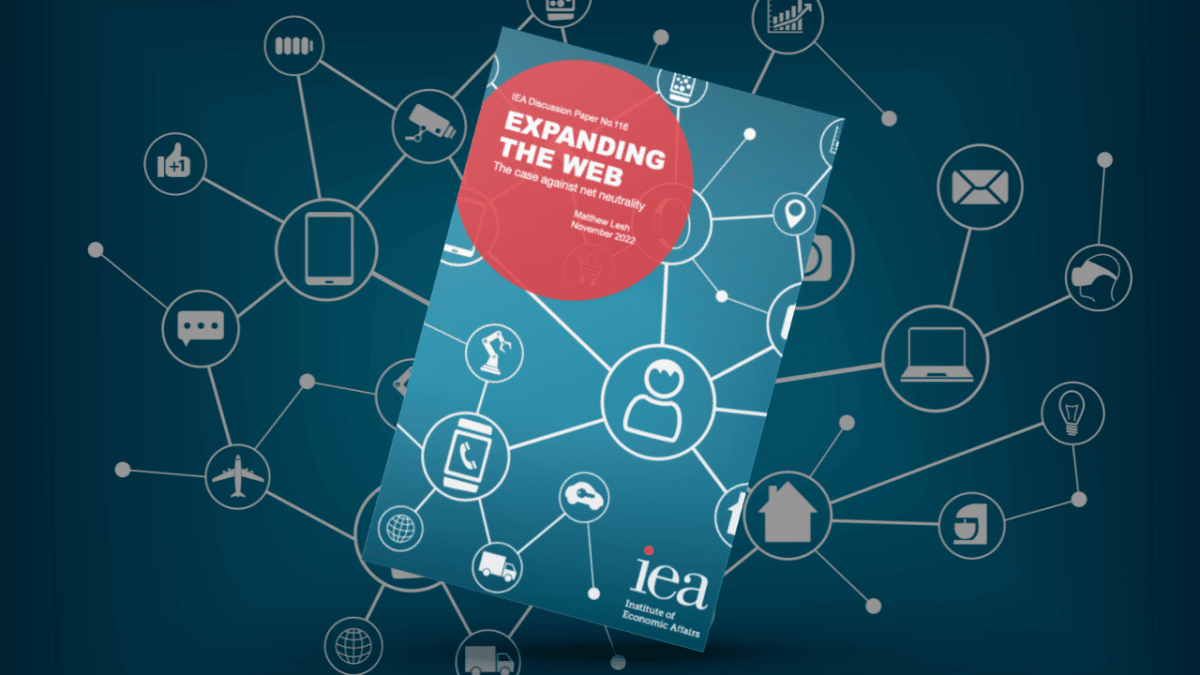Harvest time: Why the UK should unleash the power of gene editing
SUGGESTED



- On the one hand, gene editing is a process of modifying the existing genetic material of an organism. On the other hand, genetic modification involves the introduction of genetic material from another organism.
- Gene-editing technology is a powerful tool that can boost sustainable farming, fight nutrient deficiencies and reduce consumer food prices.
- Dozens of countries have already enacted evidence-based regulations that allow their farmers to grow gene-edited crops engineered for disease resistance, increased nutrient content and many other useful traits.
- Following its departure from the European Union (EU), England is poised to liberalise its food safety regulations and allow the commercial use of gene-editing technology in plant and animal breeding.
- UK scientists have already begun to develop products that will benefit farmers and consumers and yield enormous economic and environmental dividends should the pending regulatory changes take effect.
- The shifting regulatory landscape has drawn intense criticism from activist groups and organic food producers. While their objections to gene editing are well intentioned, they do not stand up to scientific scrutiny.
- The UK is moving in the right direction by rolling back its restrictions on agricultural gene editing in England. Policymakers should move quickly, however, to embrace all forms of genetic engineering, including the technology used to produce genetically modified organisms (GMOs). Ample scientific evidence shows that these breeding tools are safely used in food production, generating billions in additional income for farmers and significantly lowering food prices for consumers.



